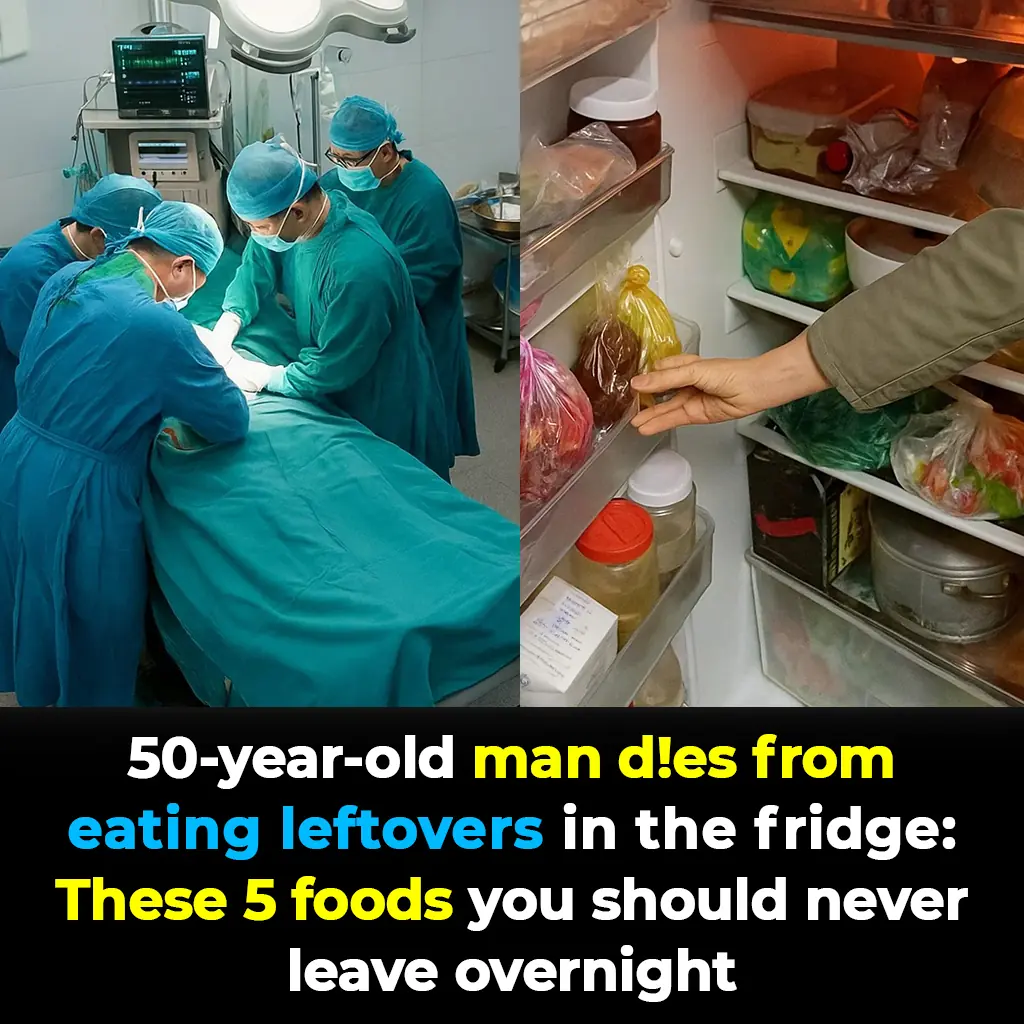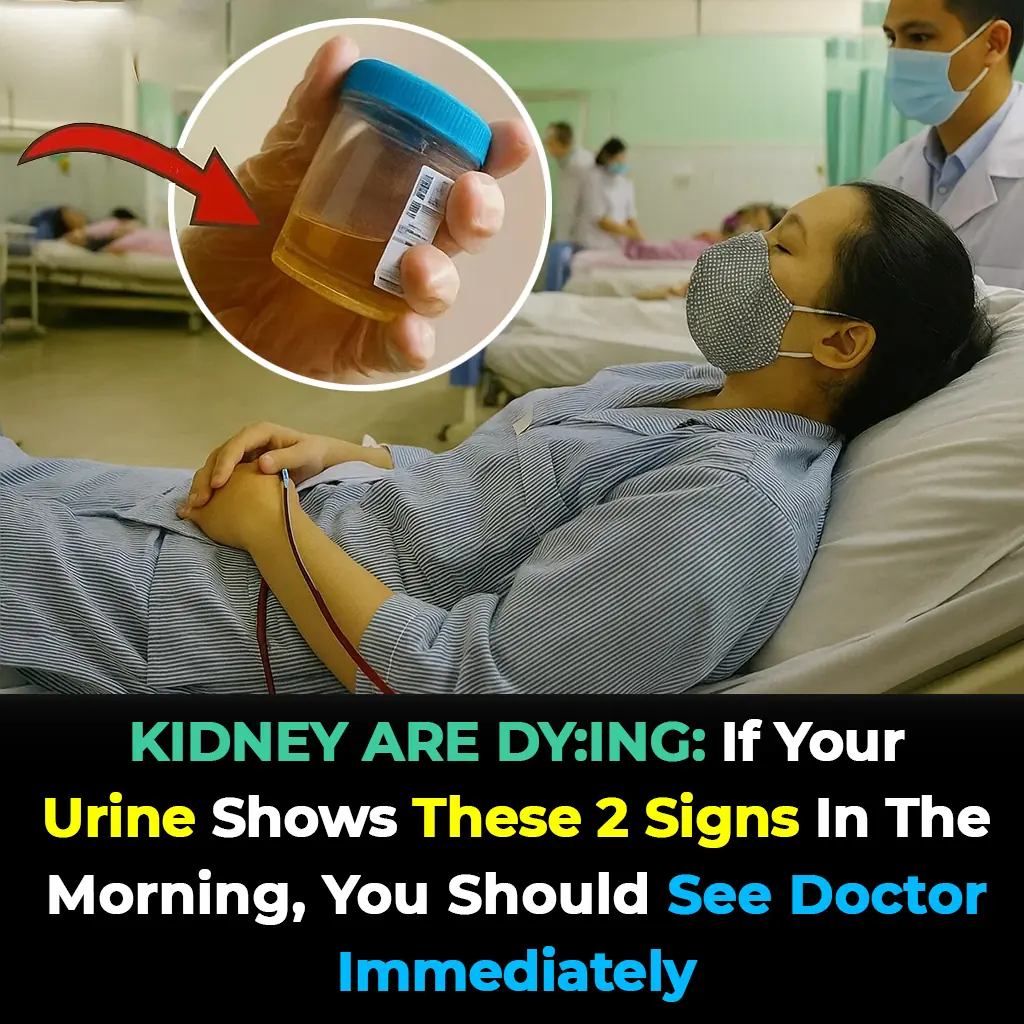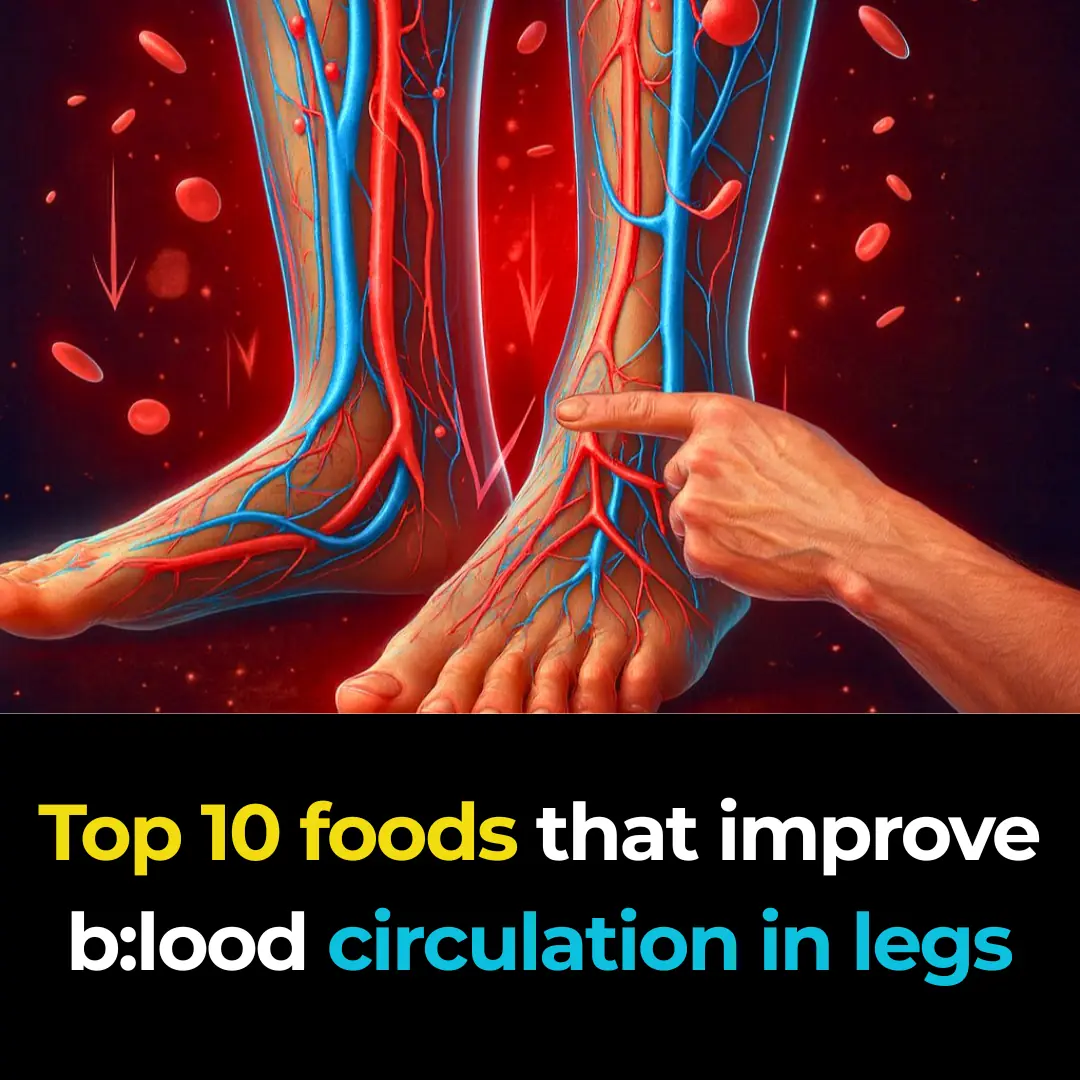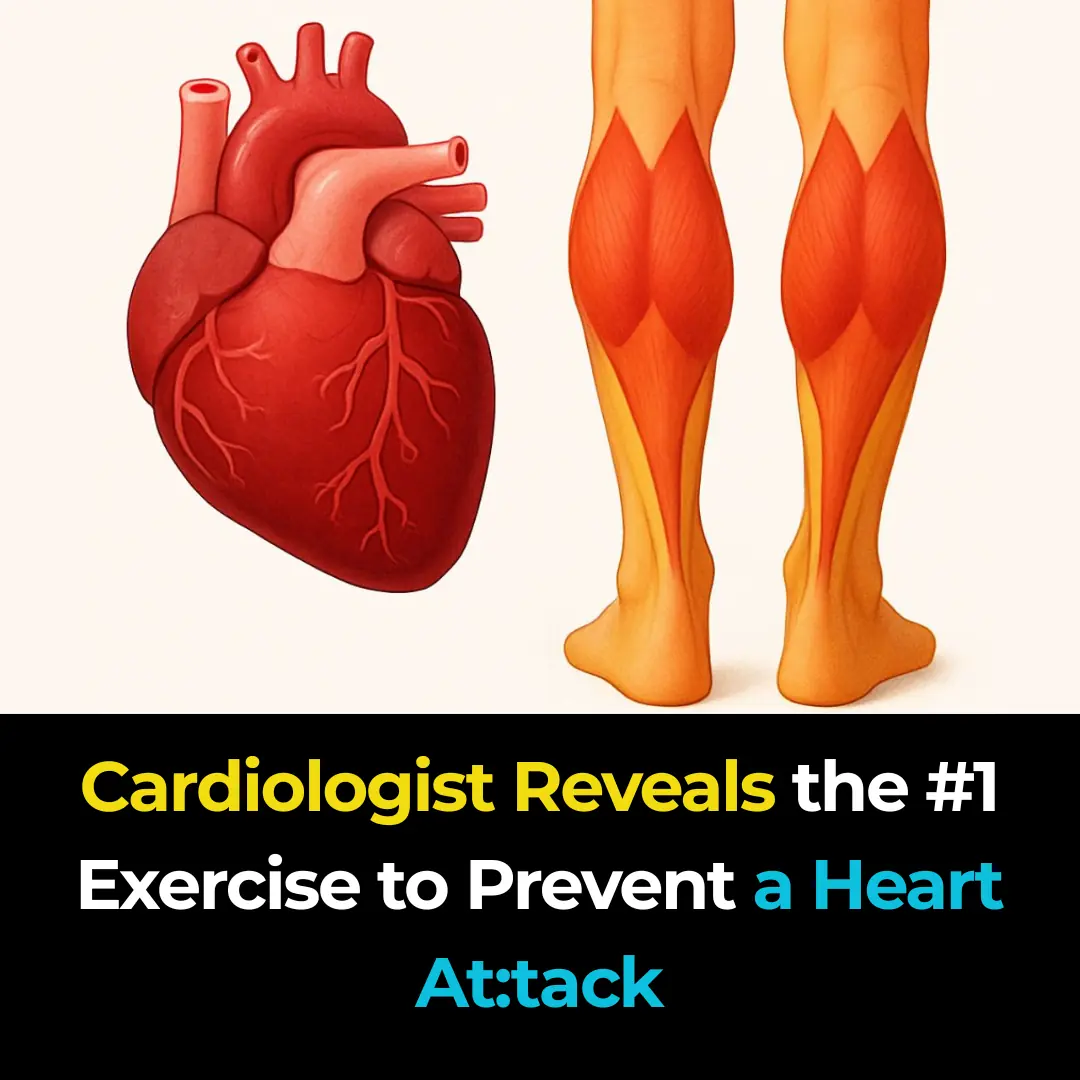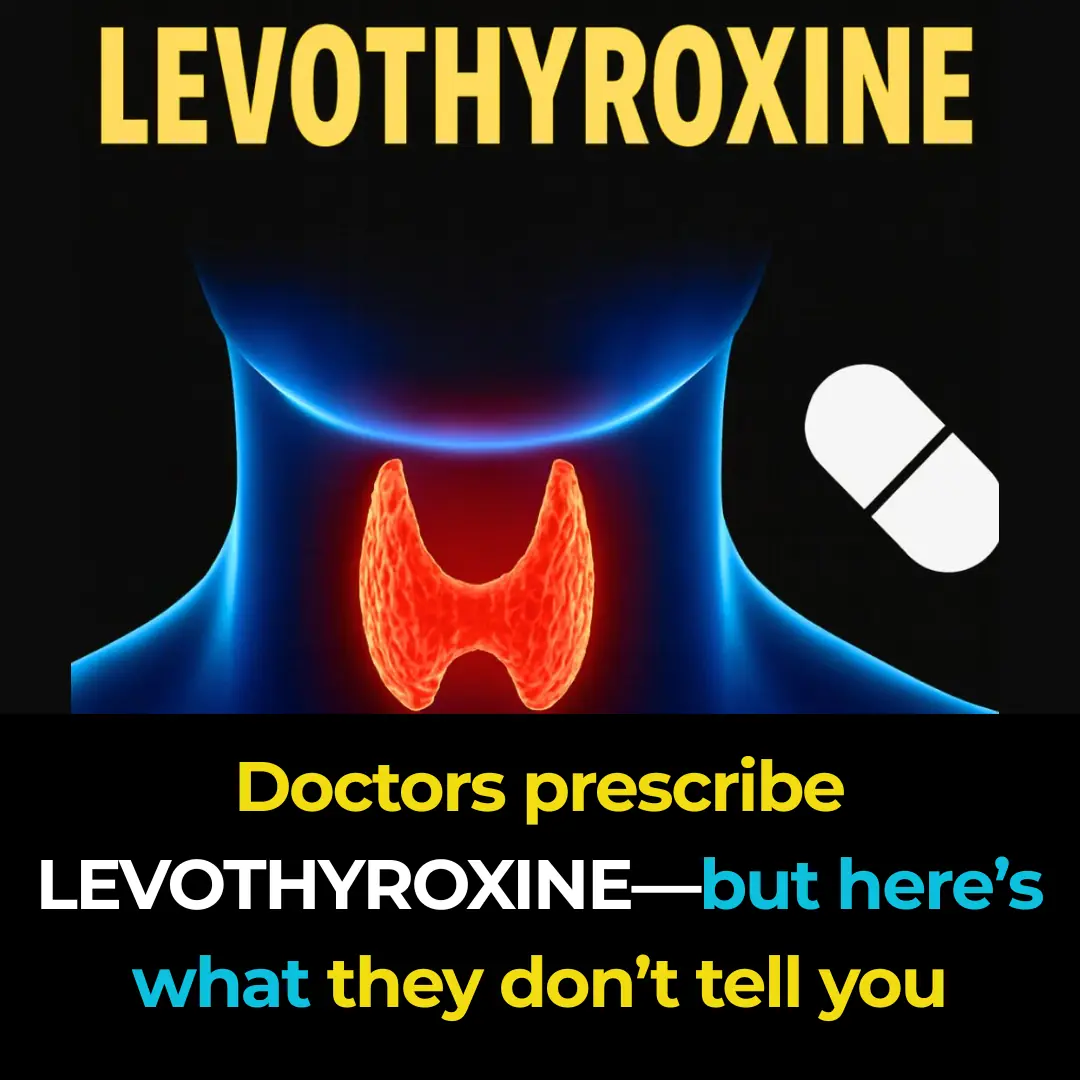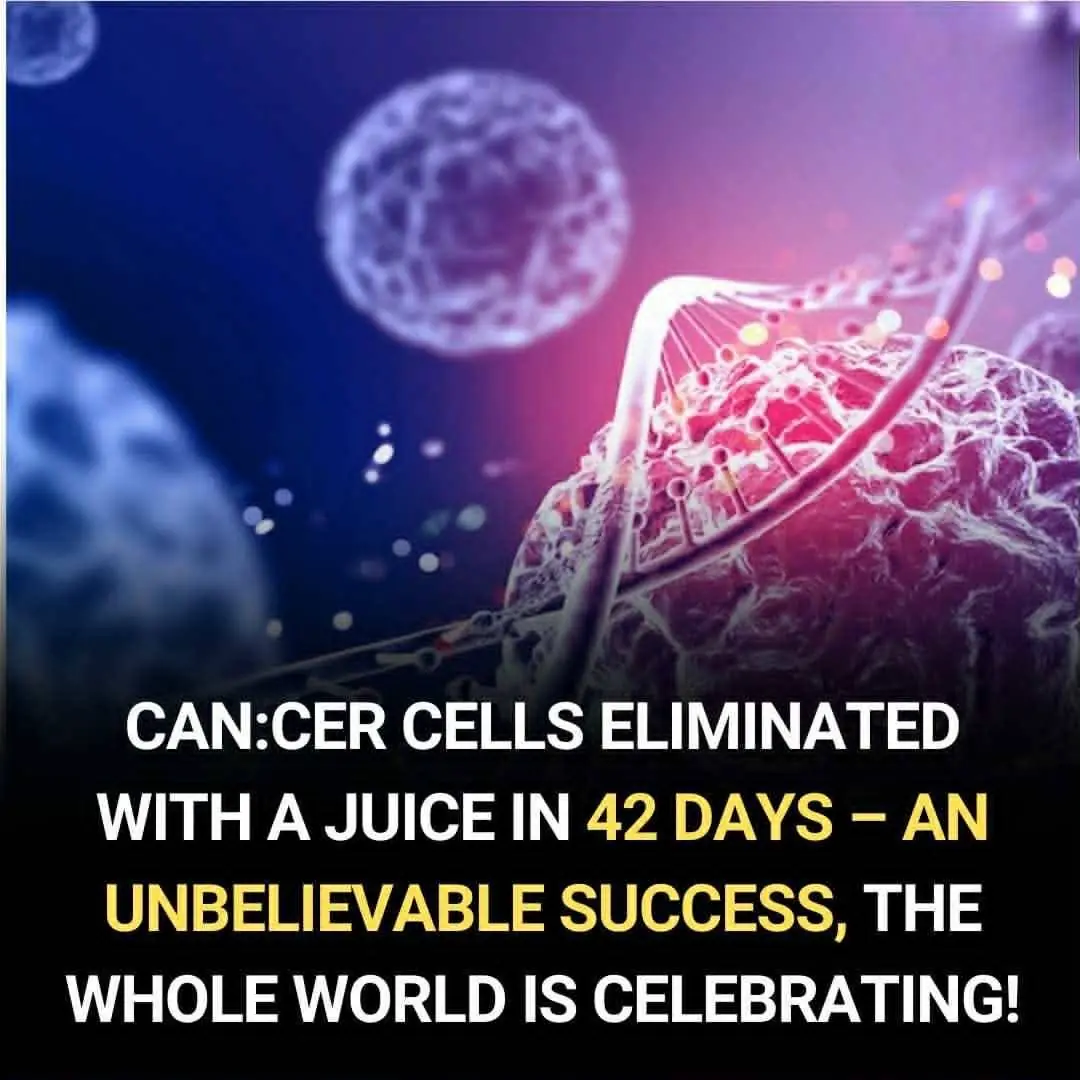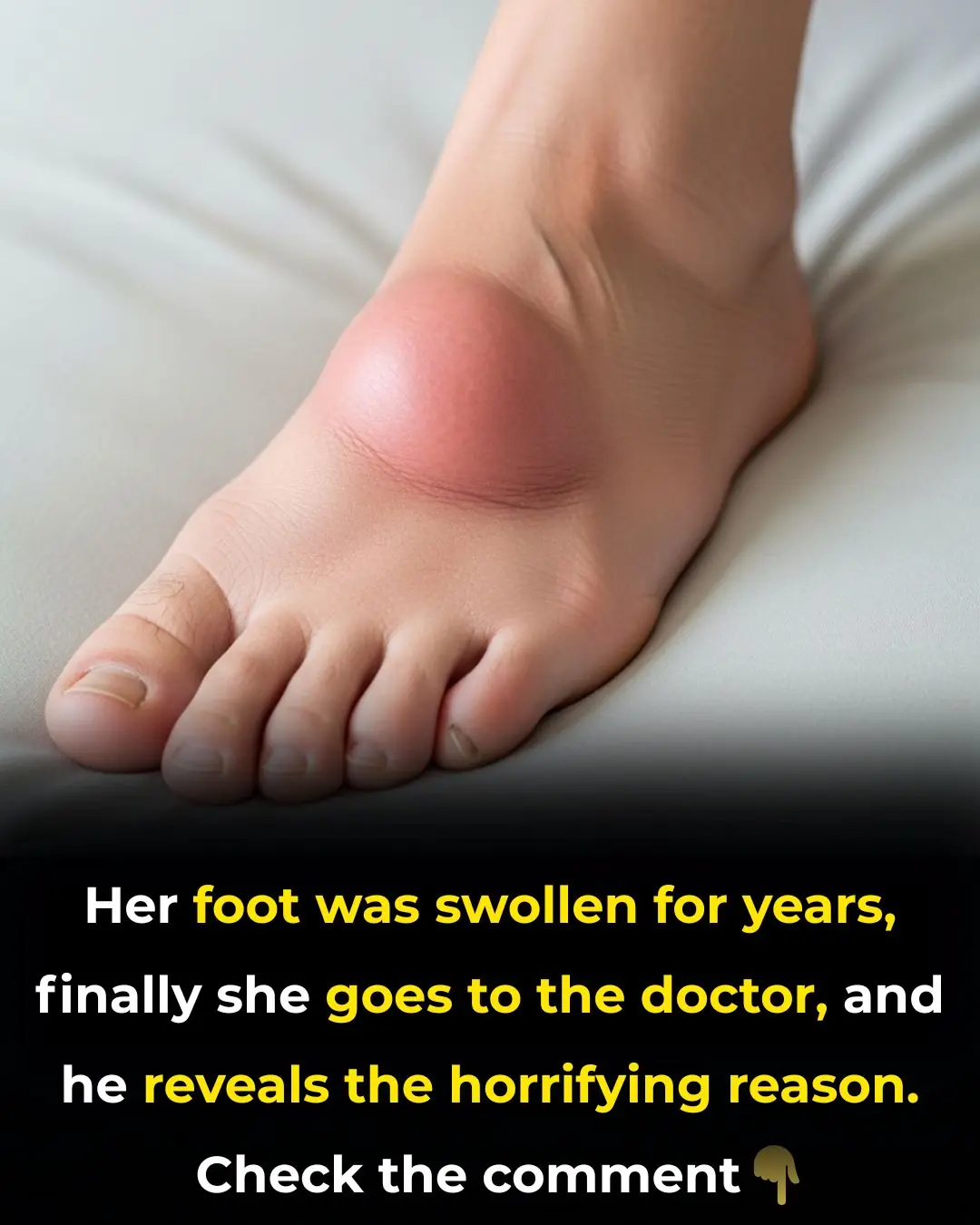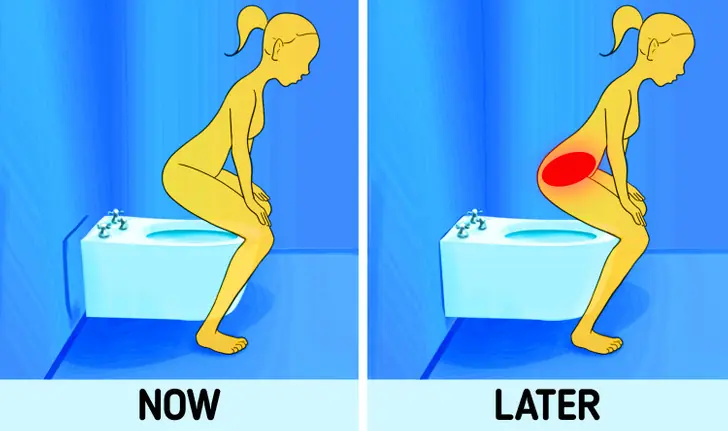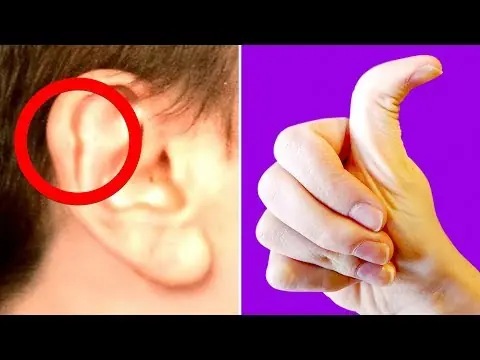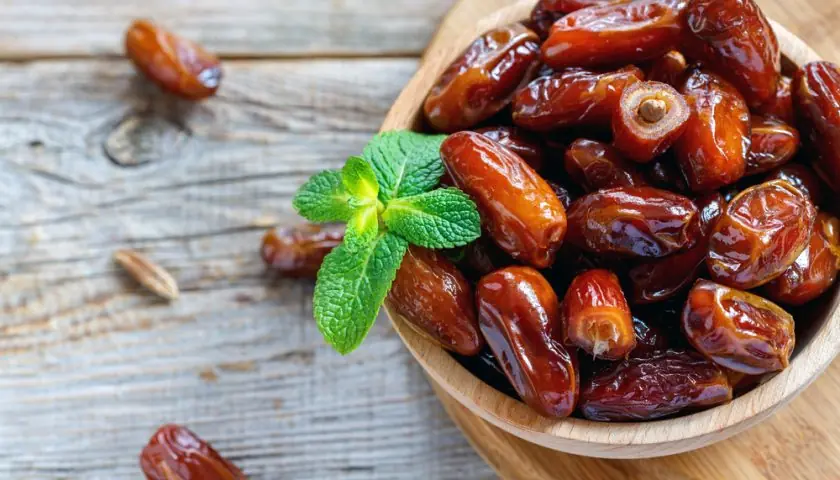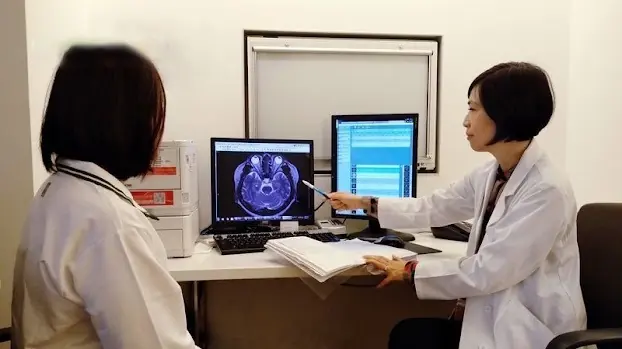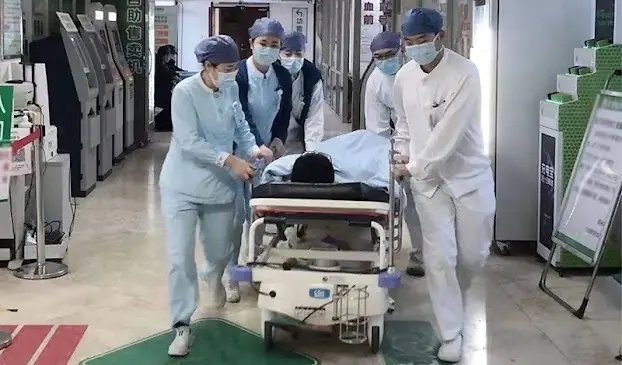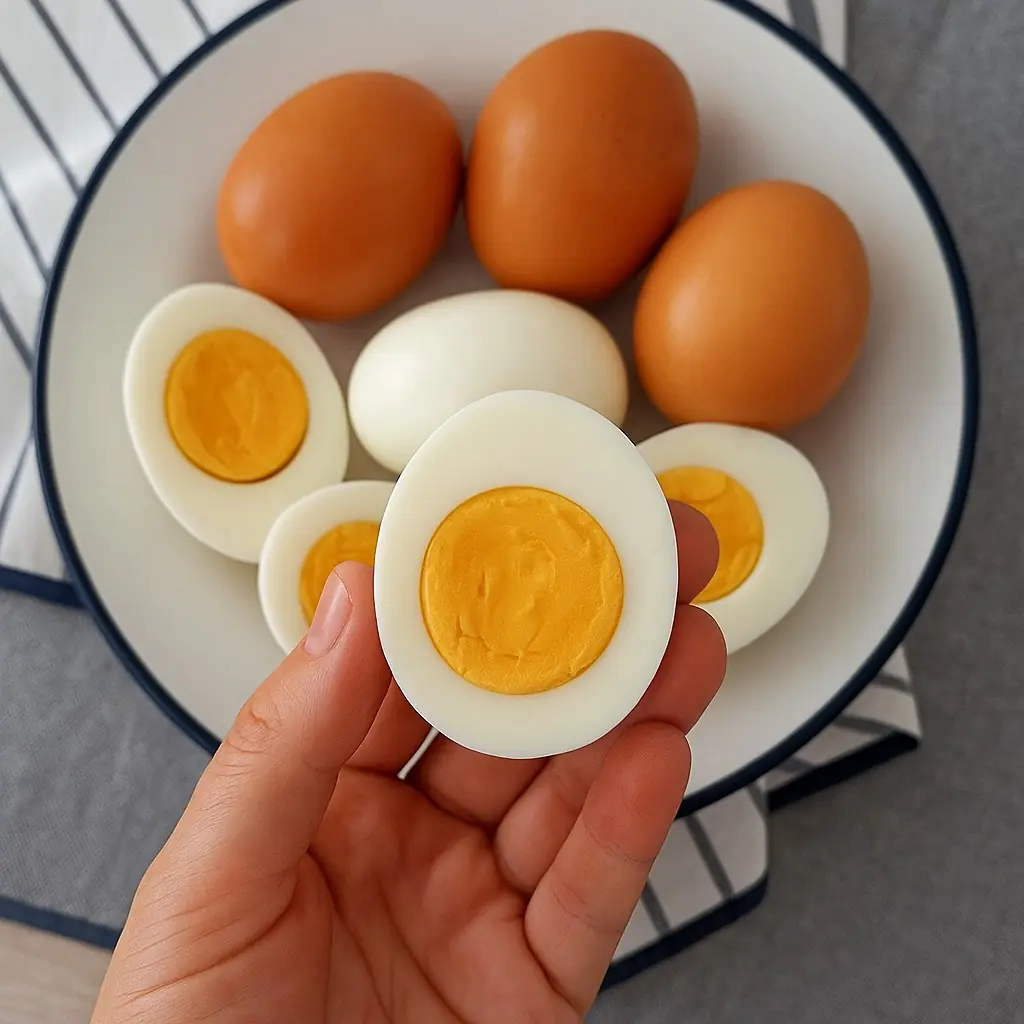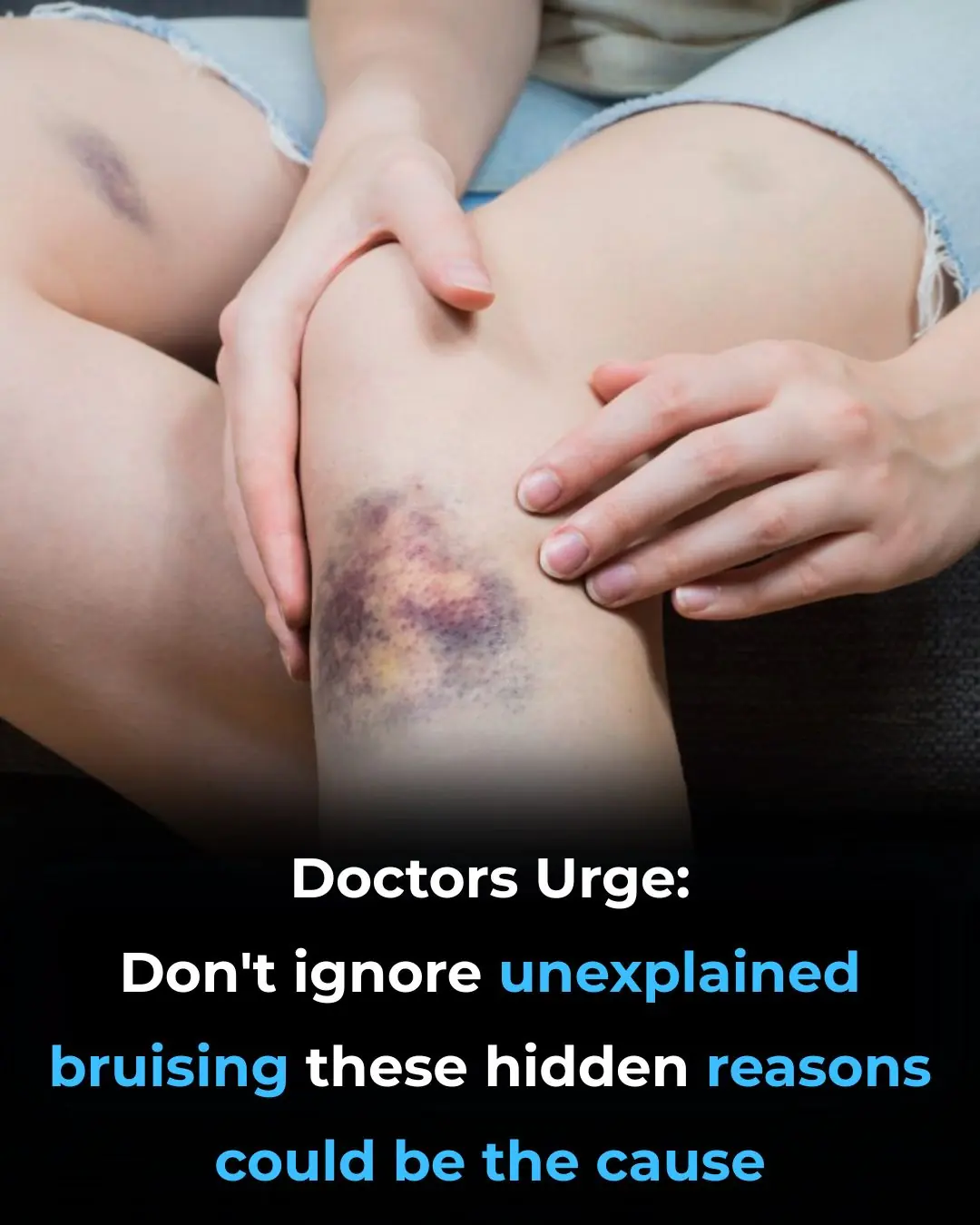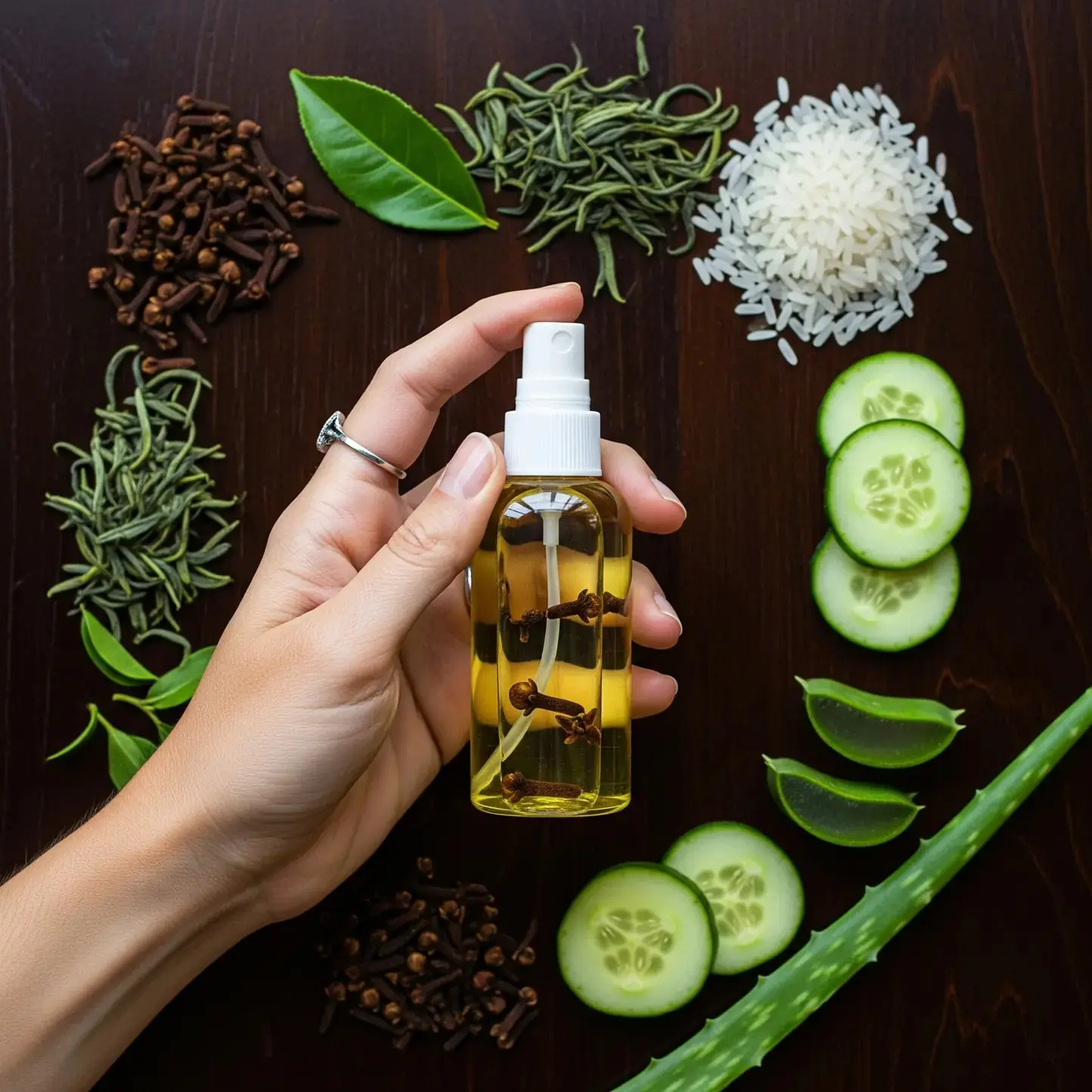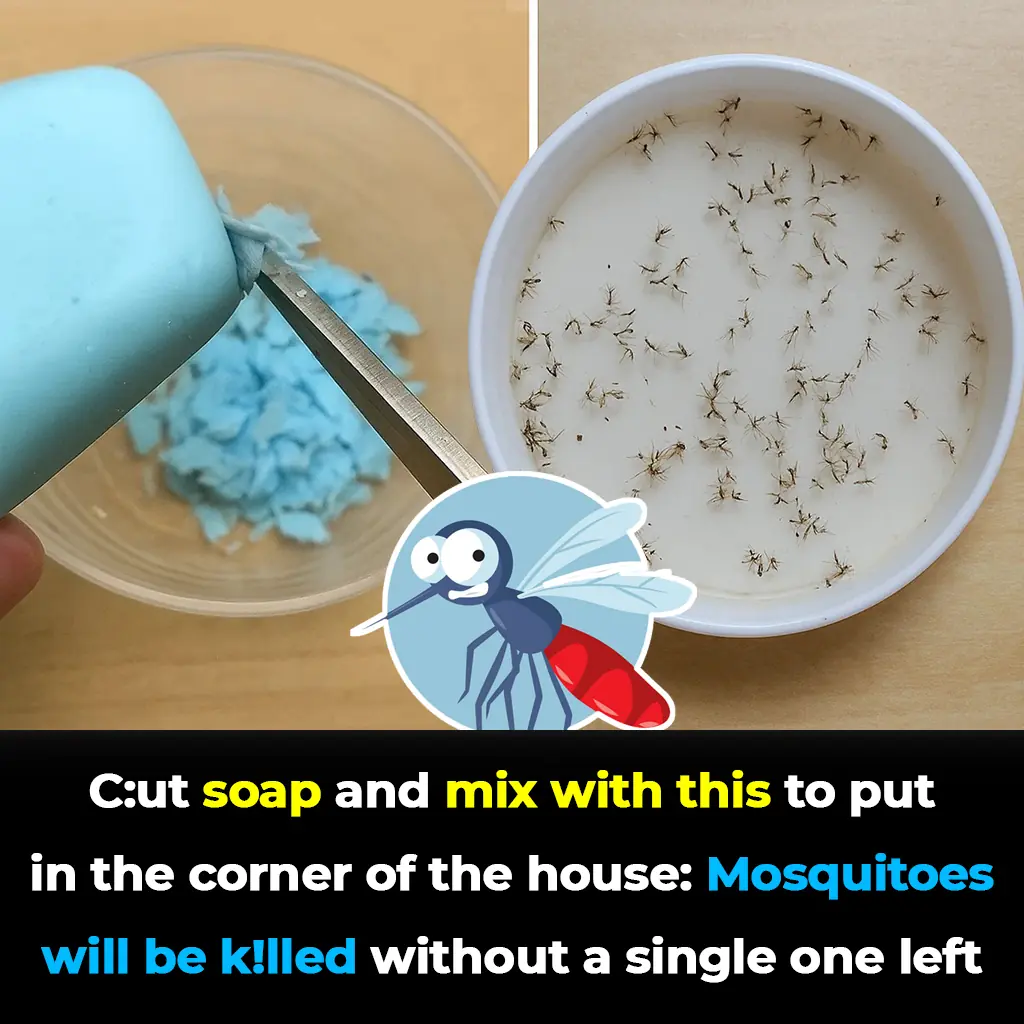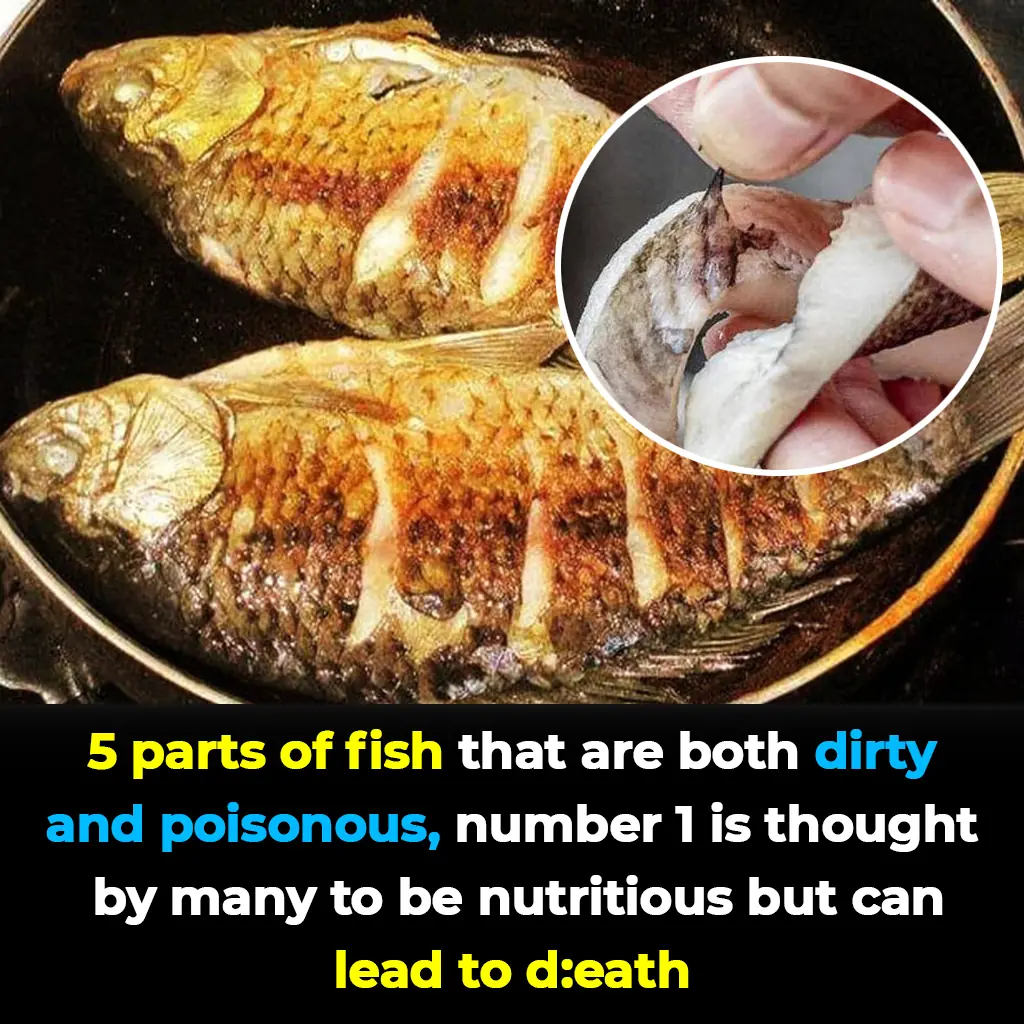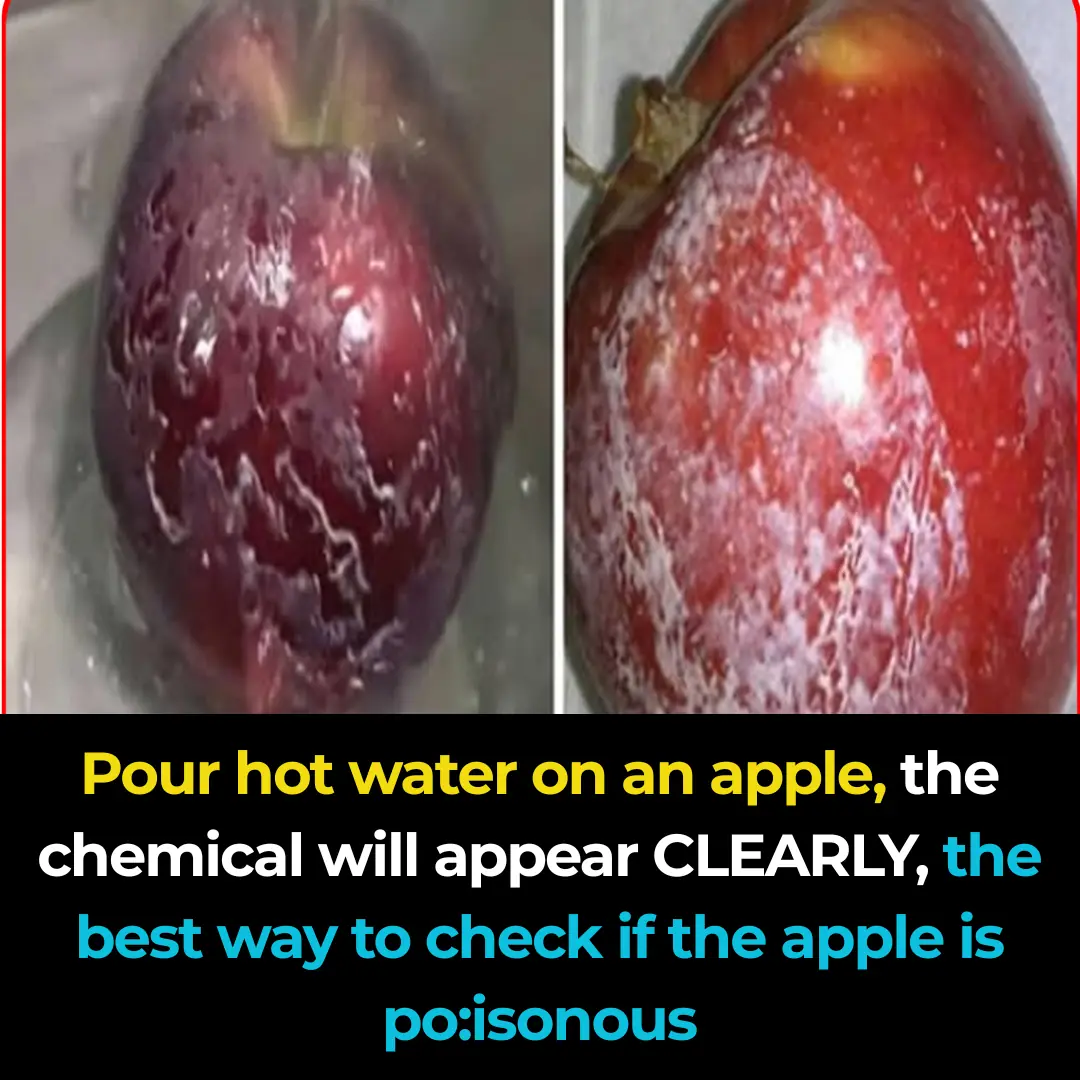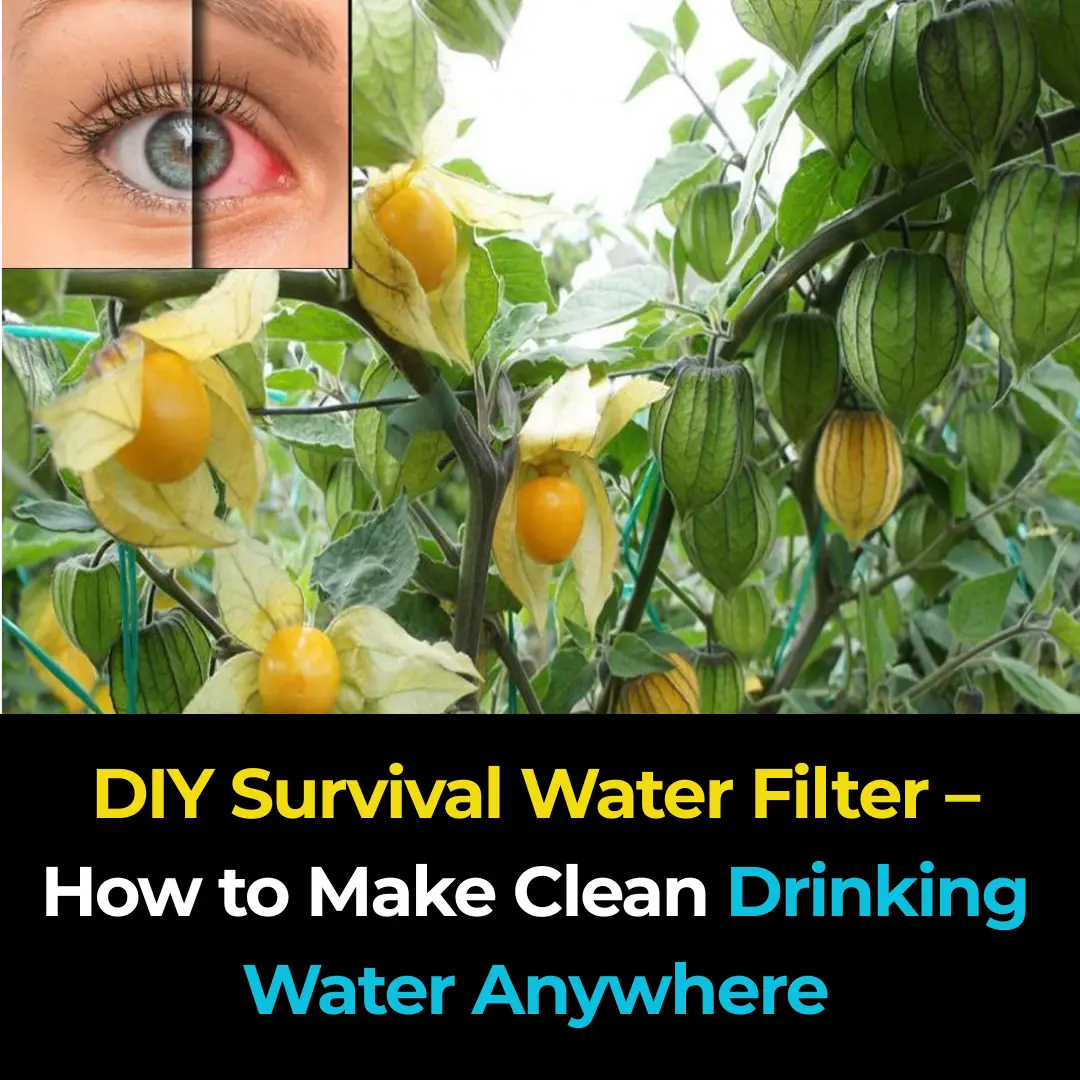A sore throat may seem like nothing more than a seasonal annoyance, but sometimes it hides something far more dangerous. That was the devastating reality for a retired teacher in Taiwan who thought his discomfort was due to cold weather—until doctors re
Mr. Tran, a 63-year-old retired educator living in Taichung, Taiwan, had always believed his throat irritation was linked to his profession, where years of lecturing strained his vocal cords. When the pain grew worse over the past month, he assumed the cold winter weather was to blame.
It was only after he began struggling to swallow even water and losing significant weight that he finally sought medical help. Initially visiting the ear, nose, and throat department, doctors quickly noticed abnormalities and referred him to the gastroenterology unit. There, tests confirmed the unthinkable: his swallowing difficulties were not from a sore throat, but from stage 4 stomach cancer, meaning the cancer had already spread to other areas with a very poor prognosis.
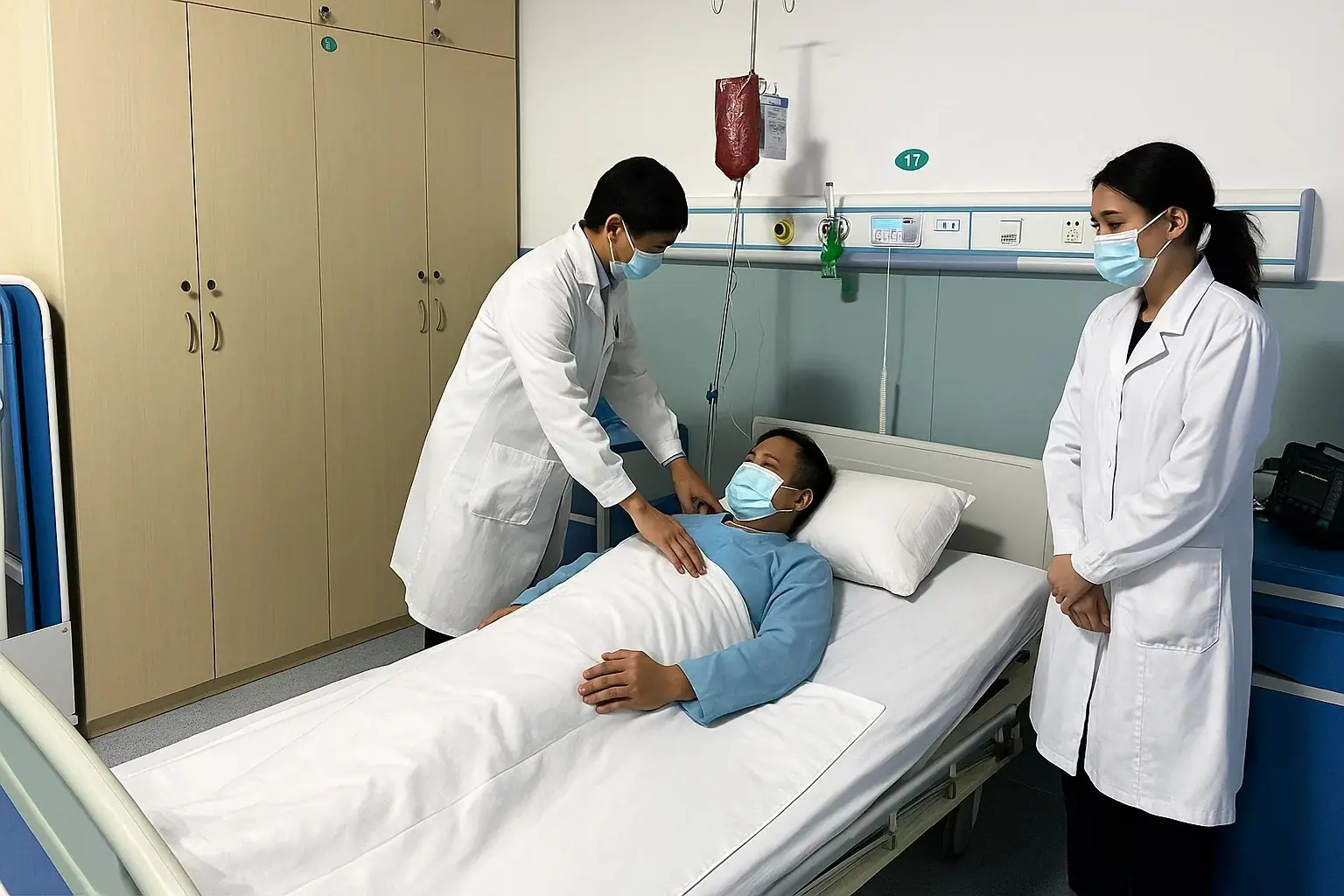
The diagnosis left him stunned and heartbroken. At first, he refused to believe it, convinced the hospital had made a mistake. But after the deputy director and chief surgeon, Dr. Yu Zhengzhan, personally explained the findings, Mr. Tran broke down in tears. Returning home, he immediately did something no one expected—he threw out jars of pickled vegetables and his kitchen salt supply, calling them the very “culprits” behind his illness.
Why Too Much Salt and Pickled Foods Raise Cancer Risk
According to Dr. Yu, a high-salt diet was the leading factor in Mr. Tran’s condition. Family members confirmed he had a lifelong preference for heavily salted meals. He often kept a salt shaker on the dining table, adding extra salt even after dishes were cooked.
Medical experts warn that excessive salt intake damages the stomach lining, leading to chronic inflammation, ulcers, and eventually increasing cancer risk. Salt also encourages the formation of free radicals and cellular mutations. Moreover, a salt-rich environment provides favorable conditions for Helicobacter pylori bacteria—a well-known contributor to stomach cancer. Another dangerous byproduct is nitrosamine, a compound strongly linked to cancer development.
In addition to salt, Mr. Tran frequently consumed homemade pickled vegetables, especially quick-pickled varieties. These foods often contain nitrites, which, when combined with proteins in the stomach’s acidic environment, form nitrosamines. Regular consumption can irritate the gastric lining, cause long-term inflammation, and even introduce harmful mold or bacteria. Over time, this not only disrupts gut microbiota balance but also significantly elevates the risk of cancer.
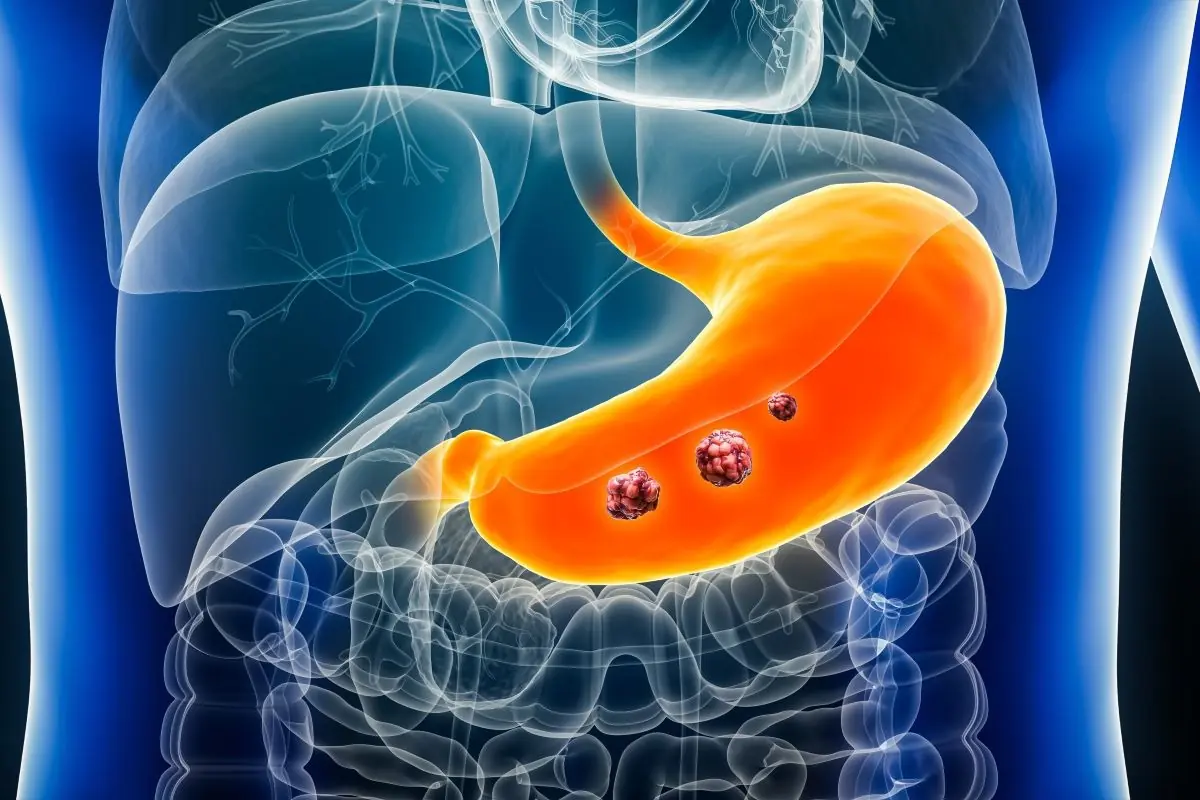
Symptoms That Should Never Be Ignored
Dr. Yu explained that Mr. Tran’s difficulty swallowing was a classic late-stage symptom. As tumors enlarge, they can compress or obstruct the esophagus and the stomach’s entrance, making it painful and nearly impossible to swallow.
Other warning signs of stomach cancer include:
- Persistent upper abdominal pain – dull, burning, or heavy discomfort.
- Nausea and vomiting – sometimes with traces of blood in advanced cases.
- Unexplained weight loss – due to poor appetite and reduced nutrient absorption.
- Bloating, indigestion, or feeling full quickly – even after eating very little.
- Black or bloody stools – indicating gastrointestinal bleeding.
- Chronic fatigue and anemia – from long-term blood loss or poor absorption.
- Persistent sour breath or acid reflux – from food stagnation and reflux issues.
Unfortunately, many of these symptoms are subtle in the early stages and are easily mistaken for minor digestive issues. That’s why stomach cancer is often detected late, when treatment options are limited.
A Call for Awareness and Prevention
This case underscores the importance of dietary awareness. The World Health Organization (WHO) recommends keeping daily salt intake below 5 grams per adult. Reducing salty foods, avoiding frequent consumption of pickled vegetables, and ensuring a balanced diet rich in fruits, vegetables, and lean proteins are critical steps in protecting stomach health.
Equally important is regular medical screening, especially for individuals with high-salt diets, family history of gastric cancer, or long-term digestive issues. Early detection greatly improves treatment outcomes and survival rates.
The Bottom Line
What started as what seemed to be a harmless sore throat ended with a devastating diagnosis. Mr. Tran’s story is a powerful reminder that lifestyle habits—such as eating too much salt and pickled foods—can have serious long-term health consequences.
To protect yourself, take stomach discomfort seriously, get screened when symptoms persist, and rethink dietary habits before it’s too late.
When it comes to your health, prevention is always better than cure.
